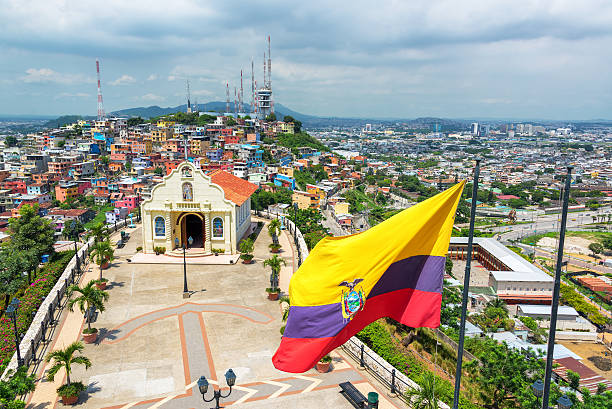Waki Maki is a project launched by a group of Catholics in Ecuador to promote the development of Catholic enterprises in favor of life and the culture of encounter in the country.
Fr. Juan Carlos Vásconez, from the 10 Min con Jesús prayer service and a member of Waki Maki, explained that the initiative was born before the pandemic, together with a group of Catholics who want to revalue the image of the Catholic Church through the concrete witness of its faithful.
“We realized that in some sectors of society the Church is not well seen. Some due to mistaken ideas that they have had in their personal formation, but the majority due to lack of knowledge”, said Fr. Vásconez.
Faced with this problem, it was resolved that “the best way to present a more attractive face [of the Church] is through testimony, specifically, of the number of people who by their faith seek to live the works of mercy,” he added.
It was so, together with a group of businessmen, they looked for social enterprises in favor of the culture of life and of encounters, to “help them grow”. “Most are not aware of the things that Christians do for their neighbors, especially those most in need,” he explained.
The mission of Waki Maki, which in the Quechua language means “Give a hand,” is “to tell their stories so that more and more people are attracted by that light,” he added.
Fr. Vásconez told ACI Prensa that they chose the projects with the greatest impact, “in order to present them to private companies that want to do social work but do not know what is already working in the city” of Quito.
The priest explained that “it was a big challenge”, because “there is no record of small social projects anywhere”, much less in favor of the culture of life and encounter.
However, he stated that the country needs these projects, especially now, when the country is facing a social and political crisis. “In Ecuador, we just suffered an indigenous strike of several days that manifested a marked inequality,” he said.
In that sense, he said that “more social projects are needed that try to reduce this gap. The state cannot be left alone, social justice implies joint work”.
“We have to look for ways to be socially responsible, developing the culture of life and the culture of encounter as fundamental bases of that development,” he said.
Fr. Juan Carlos said that in April of this year Waki Maki made a “call for numerous social work initiatives” and they selected 100 of 150 enterprises.



